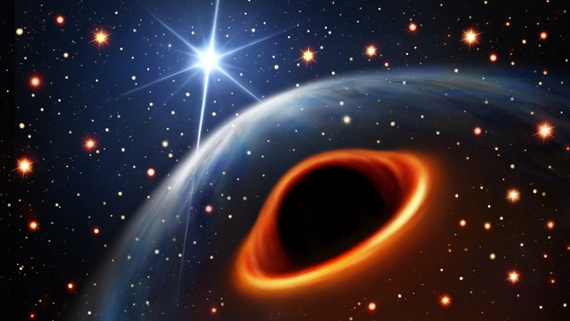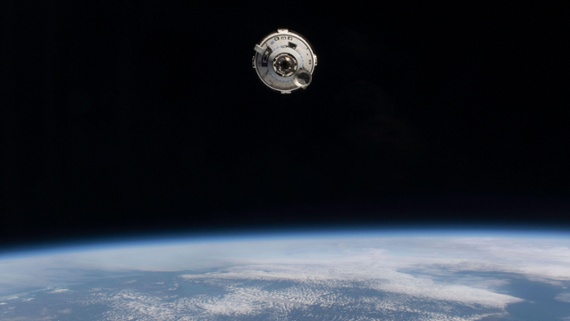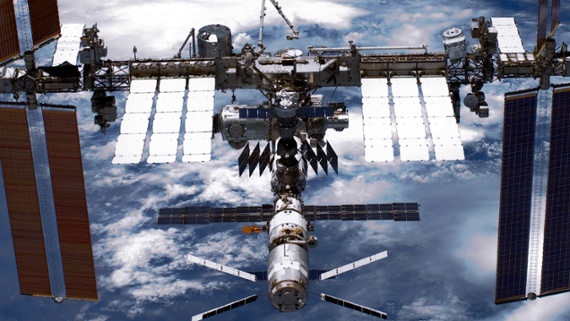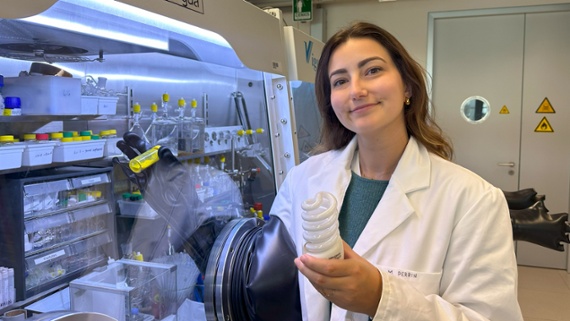"Today in Science: No one is coming to save us." Views expressed in this science and technology update are those of the reporters and correspondents. Accessed on 22 April 2024, 2040 UTC. Content and Source: scientificamerican.com. Please scroll down to read your selections. Thanks for joining us today. Russ Roberts (https://hawaiisciencejournal.blogspot.com). SPONSORED BY April 22, 2024 : Happy Earth Day! We're tracking human impact on Earth's systems, a genetic bank for endangered species and what happens when people quit Ozempic. — Andrea Gawrylewski, Chief Newsletter Editor TOP STORIES Pushing Boundaries As human populations and resource demands continue to grow, they put more pressure on Earth’s eight natural systems–for example, groundwater supplies, land area for wild animal habitats and ecosystems, and clean air. Scientists have determined how far these systems can be pushed until serious harm comes to the lifeforms that depend on those systems. But som







Comments
Post a Comment
Welcome to "Hawaii Science Journal". Here you'll find the latest stories from science, technology, medicine, and the environment.